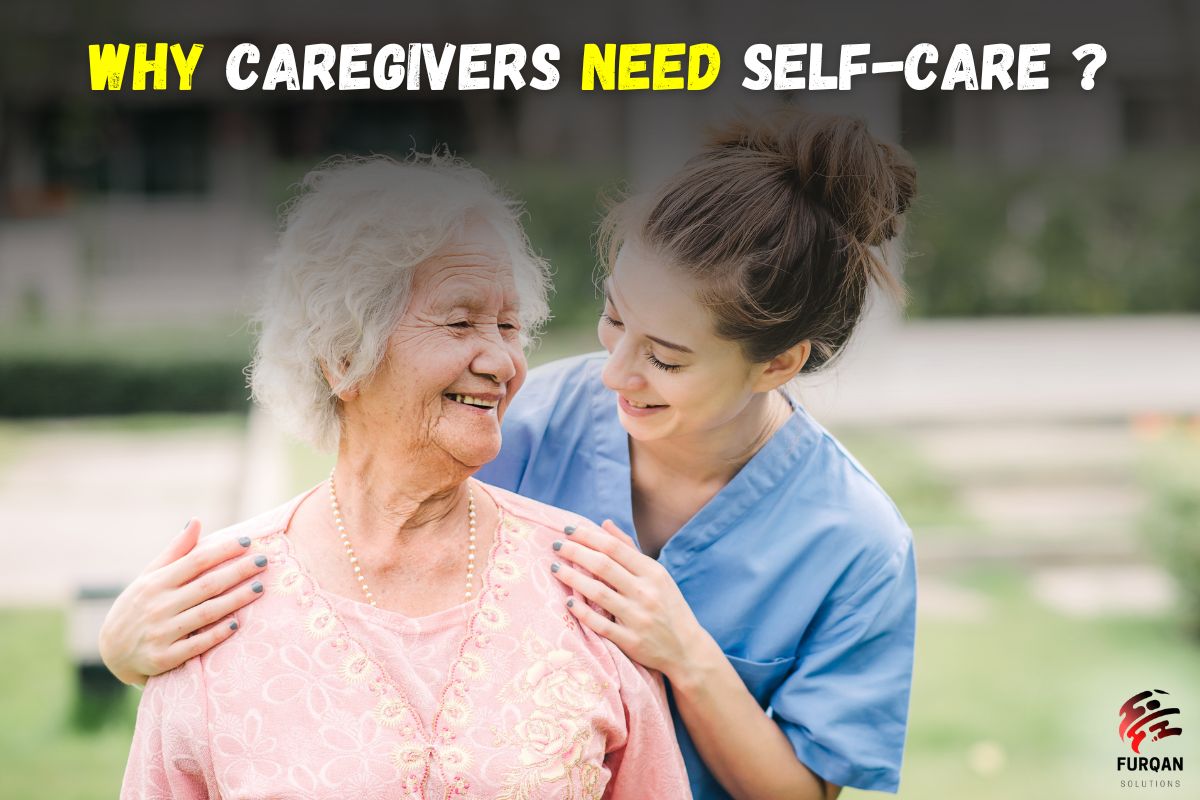Introduction
As a caregiver, you dedicate yourself to providing love, support, and care to your loved one, often putting their needs before your own. While this selflessness is admirable, it can lead to burnout, exhaustion, and neglect of your own well-being. Self-care is essential for caregivers to maintain their physical, emotional, and mental health. In this article, we’ll explore the importance of self-care for caregivers and provide practical tips to prioritize your own well-being.
The Challenges Of Caregiving
Caregiving can be a rewarding experience, but it also comes with numerous challenges. Caregivers often face:
- Emotional stress: Managing the emotional demands of caregiving, including anxiety, depression, and grief.
- Physical strain: Providing physical care, such as lifting, bathing, and transferring, which can lead to injuries and fatigue.
- Social isolation: Spending extensive time with the care recipient, leading to reduced social interaction and connection with friends and family.
- Financial burden: Managing the financial aspects of caregiving, including medical expenses, transportation, and household responsibilities.
The Consequences Of Neglecting Self-Care
Neglecting self-care can have severe consequences on a caregiver’s overall health and well-being, including:
- Burnout: Physical, emotional, and mental exhaustion, leading to decreased ability to provide care.
- Depression: Increased risk of depression, anxiety, and other mental health concerns.
- Poor physical health: Neglecting personal health needs, leading to chronic illnesses and decreased immune function.
- Strained relationships: Neglecting relationships with friends, family, and the care recipient, leading to feelings of resentment and guilt.
Prioritizing Self-Care
Prioritizing self-care is crucial to maintaining your well-being and ability to provide quality care. Here are practical tips to prioritize your self-care:
- Schedule self-care time: Set aside time each day or week for activities that bring you joy and relaxation.
- Seek support: Join support groups, seek counseling, or connect with friends and family to share emotions and experiences.
- Practice self-compassion: Treat yourself with kindness, understanding, and patience, just as you would a close friend.
- Engage in physical activity: Regular exercise improves physical and mental health, reducing stress and anxiety.
- Take breaks: Allow yourself time to rest and recharge, taking short breaks throughout the day.
- Seek respite care: Arrange temporary care for your loved one, providing time for personal activities and relaxation.
Seeking Professional Help
If you’re struggling to balance caregiving responsibilities with your own well-being, consider seeking professional help. Mental health professionals, support groups, and online resources can provide valuable guidance and emotional support. Don’t hesitate to reach out for help when you need it. Remember, taking care of yourself is essential to being a effective caregiver.
Conclusion
Caregiving is a noble and rewarding experience, but it requires dedication to self-care to maintain your own well-being. By prioritizing self-care, you can reduce the risk of burnout, improve your physical and mental health, and provide better care for your loved one. Remember, taking care of yourself is not selfish – it’s essential. Make self-care a priority today and reap the benefits of a healthier, happier you.
Some of the key takeaways from this article include:
- Caregivers face numerous challenges, including emotional stress, physical strain, social isolation, and financial burden.
- Neglecting self-care can lead to burnout, depression, poor physical health, and strained relationships.
- Prioritizing self-care is crucial to maintaining well-being and ability to provide quality care.
- Practical tips for prioritizing self-care include scheduling self-care time, seeking support, practicing self-compassion, engaging in physical activity, taking breaks, and seeking respite care.
By recognizing the importance of self-care and implementing these tips, caregivers can maintain their own well-being and continue to provide love, support, and care to their loved ones.




pjh6c1
su kaçak bulma İstanbul Apartman bodrumundaki su kaçağı için birçok firma geldi ama bulamadı. Bu firma özel kameralarla sorunu hemen tespit etti. Murat Ö. http://obfaoman.com/2012/10/18/uskudar-tesisatci/
http://atora.ru/blogs/interesnye-statyi/foo-fighters-energiya-roka-i-dukh-nezavisimosti1.php
Very good https://is.gd/tpjNyL
Taking care of yourself while caregiving is not just important—it’s necessary. The article highlights how neglecting self-care can lead to burnout and exhaustion, which ultimately affects the quality of care you provide. It’s inspiring to see practical tips offered to help caregivers prioritize their well-being. Seeking professional help when needed is a sign of strength, not weakness. How can caregivers ensure they consistently make time for their own self-care amidst their busy schedules?
Taking care of yourself is not selfish; it’s a necessity for being a good caregiver. The tips provided in this article are practical and easy to follow. It’s encouraging to see the emphasis on seeking professional help and finding support groups. Self-care truly helps in reducing burnout and improving overall health. How can we further raise awareness about the importance of self-care among caregivers?